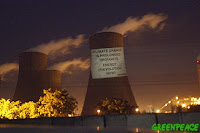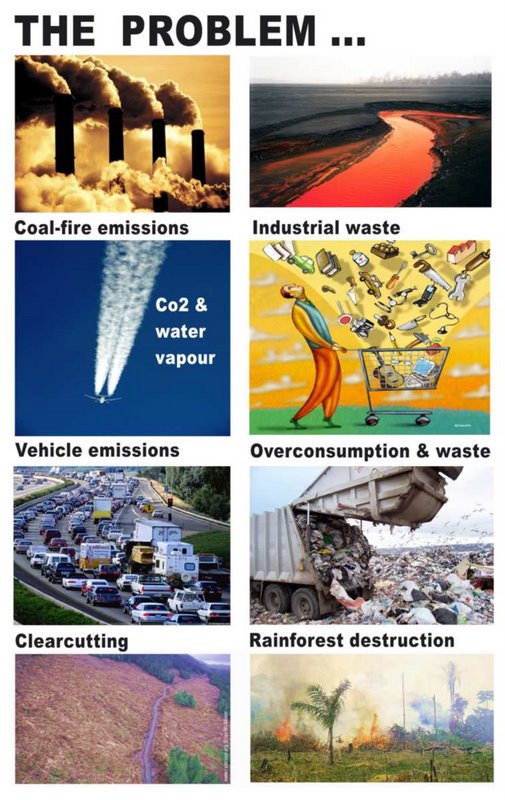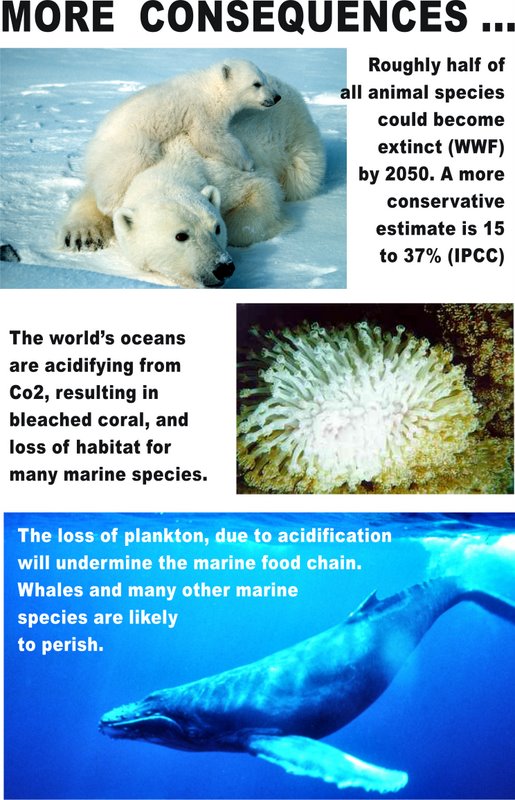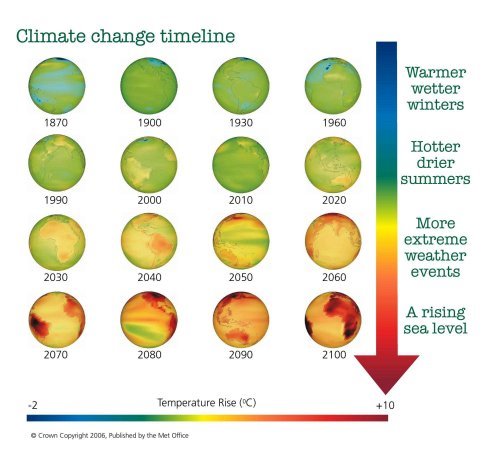My main criticism of your article - which is otherwise well-written - is that you avoid the biggest change on university campuses in the last 30 years: how large corporations have take them over. A number of studies bear this out. It has changed how students react. Where before there might have been a challenge to Exxon Mobil or Barrick Gold on campus, now there is silent complicity.
Many of the younger students you spoke to are not "smarter and savvier" than their predecessors; rather, they are more afraid and less vocal and less willing to directly challenge the sources causes of environmental destruction. They are nice people, as individuals, but as a group there prevails an almost anti-activist position among them, so they can hardly be called "activists" without lessening the meaning of the word. This is generally consistent with the direction of the nation as a whole, towards a pro-tar sands pro-Harper milieau.
Your deliberate omission of the increasing power of large corporations on campuses - and especially U of T where it is more the case than any other campus in Canada and how this has contributed to the sea-change in how students respond to the issue - seems to me to be a glaring omission. You told me in the interview you would not touch the issue of corporations. Why I don't know, but I do hope that you will consider doing another story on this, and this time one that investigates this important (and heretofore) missing part of the story.
I sensed the kind of article it would be, from our interview, and that is why I asked you not to appear in it. There is something terribley wrong when students who profess to be environmentalists will not critisize large corporations that are in large part to blame for the environmental crisis - despite all the evidence that they are (e.g. Exxon Mobil's funding of climate change denial).
The fact that I appeared in the article anyway, despite my request, begs the question of jouralistic ethics. That is why I wrote this (below), to clarify the missing and crucial information, which would give readers insight into why many students choose an apolitical and deliberately non-controversial approach.
Sincerely, Paul York
From: Paul York
Date: Thu, 29 Apr 2010 13:47:44 -0400
Subject: letter to the editor
To: lettertoed@thestar.ca
Letter to the editor, Toronto Star
Missing from Vivian Song's analysis of student environmentalism ("Earth Day celebrates 40 years of education and advocacy" April 22) is the fact that since the 1970s, large corporations have taken over campuses.
This has muted student activism and led to a situation in which negotiating the hallways of power is preferred by many students to protest against environmental destruction.
The danger of this more apolitical conciliatory approach is that students who tell themselves they will change things from the inside, hoping to influence the corporations to go "green", are themselves influenced by those corporations to ignore the enormous damage they cause.
Some industries are simply irredeemable and need to be phased out and green jobs put in their place. But those same industries use students and universities to greenwash themselves, and those who object are marginalized and ridiculed as unreasonable "radicals."
Those who protest do not have a less "savvy" voice (which Ms. Song's article implies); rather, they have a less co-opted more principled voice. They are thus more needed at this historical juncture, when climate change, peak oil and finite resource depletion represent an unprecedented convergence of crises.
Extraction industries do not want students to challenge them; they want them to join their ranks. But the history of successful social activism (women's movement, civil rights, etc) shows us that street activism and taking a strong moral stand is needed to effect social and political change.
Painting the portrait of this more co-opted conciliatory type of "activism" as somehow "more sophisticated and savvier" ignores the danger that its practitioners are merely absorbed into the very structures that are leading to unprecedented environmental destruction.
Sincerely, Paul York
Students Against Climate Change





















































































































































































































































.jpg)











































































































































































































































1 comment:
Over 20 years, the government spent some $20 billion for scientists to find research to conclude (arguably) that manmade climate change was happening and that it was harmful. 20 Years and $100 billion shows a lot of faith by the Federal government. But they pursued it, anyway. With this body of research now in hand, and with the climate "crisis" requiring action on the part of the government, we see no action.
Finding a 24/7 energy alternative to fossil fuels is the only way for mankind to stop putting CO2 into the atmosphere and maintain our way of life. All we get are windmills, solar panels, and biofuels. Oh, and don't forget... carbon derivatives trading and a passel of new government regulations to control our lives as we generate our carbon footprints.
In other words, the government needs continued use of fossil fuels to continue the building and selling of windmills, solar panels. It needs continued use of fossil fuels to maintain (and expand) control over details of our everyday lives. Carbon trading would surely collapse if an alternative energy source was actually discovered by someone tinkering in his/her garage.
The government isn't spending money to find a new, 24/7 source of alternative energy. It doesn't want to and never intended to.
--JeffM
Post a Comment